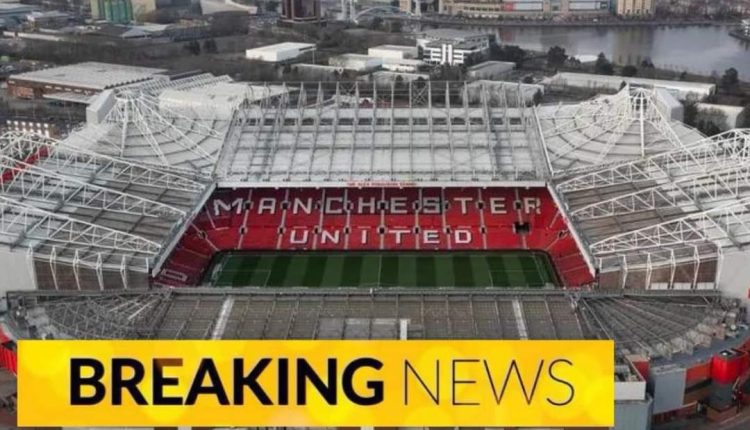“The main reason that Manchester United is in this mess is because they didn’t listen to Ruben Amorim. They were too impatient and it might lead the club into relegation” – This is according to Paul Scholes as he claims that had Manchester United followed Ruben Amorim’s advice from the outset, they might have avoided their current predicament.
If Ruben Amorim’s initial preference had been honored, he would still be managing Sporting CP in Lisbon, focusing on securing a third league title as a fitting farewell before transitioning to Manchester United in the summer. Instead, circumstances unfolded differently.
If Ruben Amorim’s initial preference had been honored, he would still be managing Sporting CP in Lisbon, focusing on securing a third league title as a fitting farewell before transitioning to Manchester United in the summer. Instead, circumstances unfolded differently.
At Old Trafford, Ruud van Nistelrooy might have continued as caretaker manager, maintaining a stable system the players were familiar with, possibly lifting United toward the top half of the Premier League table. However, van Nistelrooy is now entrenched in a relegation battle at Leicester City, while his former club finds itself in an even graver situation, with relegation fears looming. Amorim’s mid-season arrival and significant tactical overhaul have only exacerbated the team’s struggles before any improvement becomes apparent.
Amorim had anticipated these challenges. When United approached him in November to replace Erik ten Hag, he expressed a desire to wait until the season’s end, citing his commitment to Sporting and the advantages of implementing change during a summer transfer window and pre-season. Despite his request, United insisted the move happen immediately, leaving him with little choice but to accept or forgo the opportunity altogether.
Reflecting on the decision, Amorim explained, “I had three days to make a life-changing decision. I requested to join at the end of the season, but they made it clear it was now or never. If I declined, I knew I wouldn’t be at Sporting in six months either.”
The situation disrupted Amorim’s final campaign at Sporting, which had the potential to be a triumphant send-off. At the time, United’s insistence seemed like the hallmark of a decisive big club, unwilling to wait. However, in hindsight, allowing van Nistelrooy to continue until season’s end may have been wiser. Van Nistelrooy achieved stability with incremental changes, sticking to Ten Hag’s 4-2-3-1 system and delivering better results without overhauling the team’s structure.
In contrast, Amorim’s sweeping changes have proven challenging for United’s players, who seem unsuited to his style. With five defeats in six Premier League games, the team’s slim hopes for European qualification have vanished, and Amorim’s learning curve is steeper than it might have been with a summer start.
Meanwhile, Sporting’s fortunes have also declined. Once dominant, they now lead the league only on goal difference, and their form has suffered since Amorim’s departure. His successor, Joao Pereira, managed just eight games before being dismissed on Boxing Day following four defeats in five matches.
The new year often signals fresh beginnings, but sticking with the status quo until summer might have been more beneficial for United, Sporting, Amorim, van Nistelrooy, and Pereira. While United’s urgency in securing Amorim seemed justified at the time, recent events suggest patience would have yielded better results for all parties.
